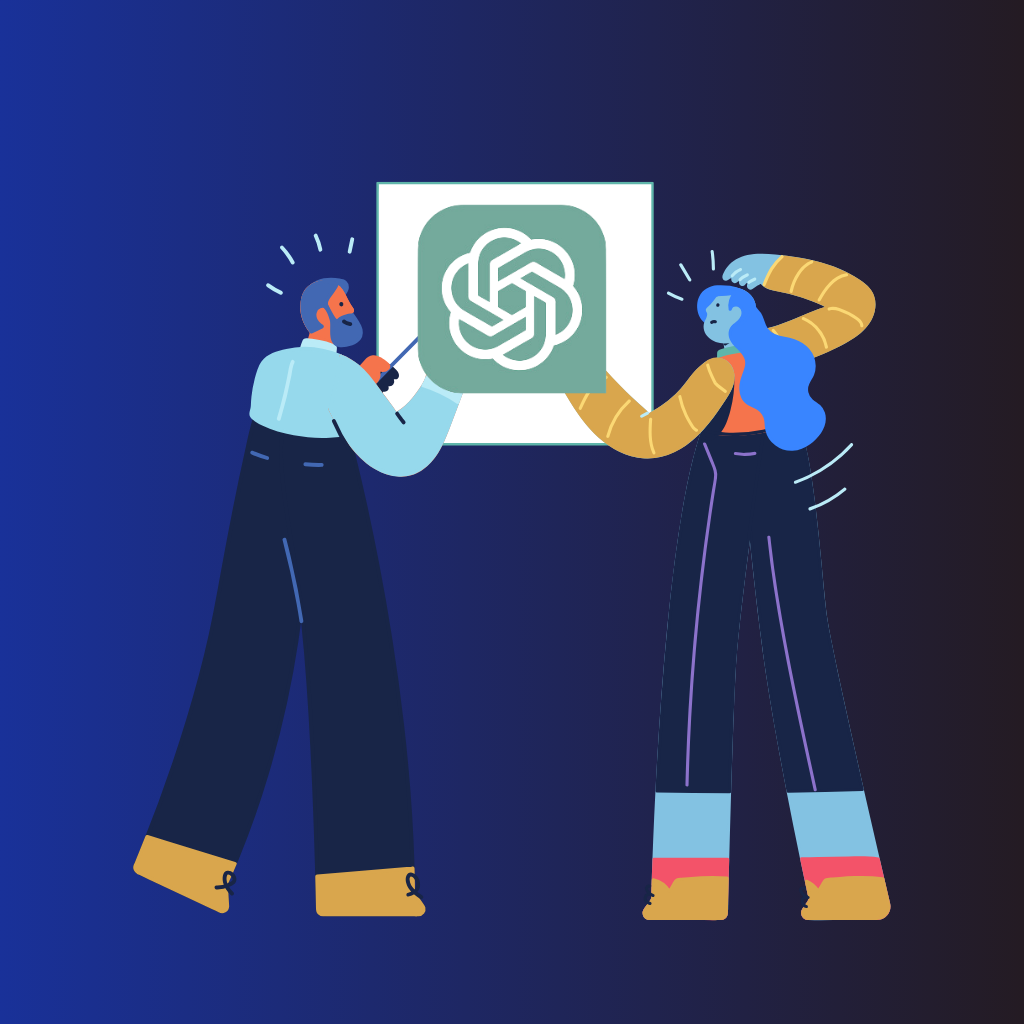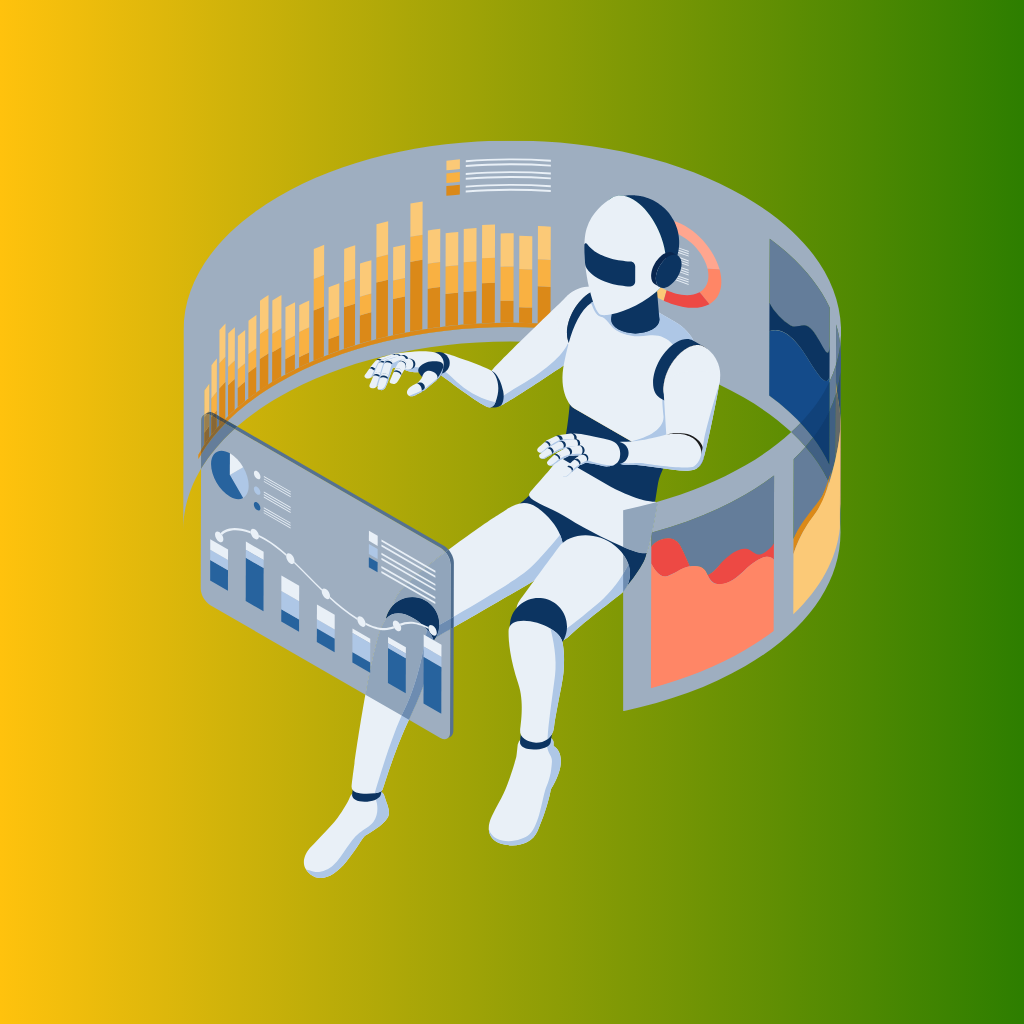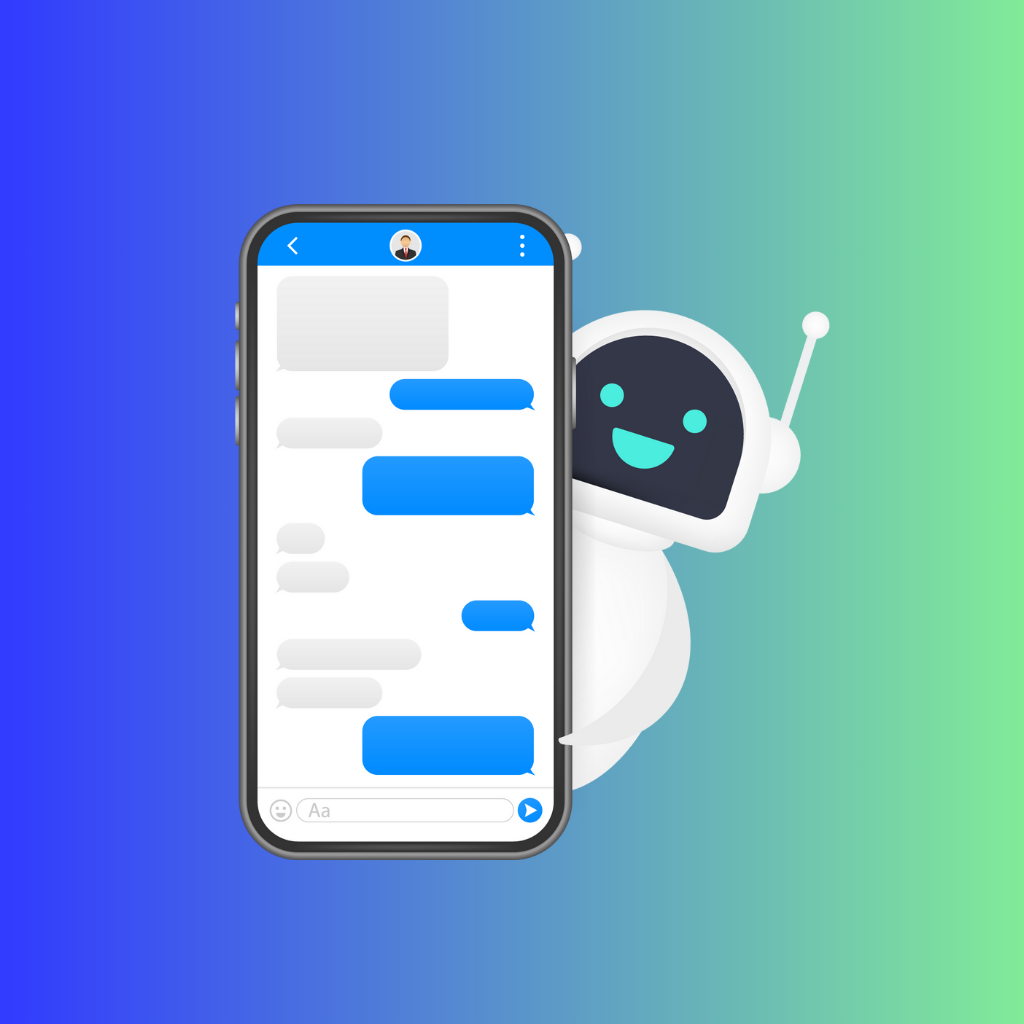The AI community is abuzz with anticipation and excitement over OpenAI's new development: plugins. The prospect of added functionality and improved performance has everyone on the edge of their seats. Our team has delved into this promising concept, aiming to unravel its mysteries and potential. Although we are currently unable to access it as Plus users, we've made our deductions based on available information.
What are ChatGPT plugins?
ChatGPT has always shown potential but has been hindered by two primary limitations.
Firstly, it can only access and utilize data it was trained with. For instance, ChatGPT-4, having been trained up until 2021, cannot access or provide information beyond this cutoff point. This means that if you ask for anything more recent, it struggles to provide a satisfactory answer.
Secondly, ChatGPT tends to "hallucinate", or provide answers that seem plausible but are not factually correct. Despite its impressive language model, it sometimes generates misinformation, which can be misleading.
Enter OpenAI's solution: plugins. These are designed to address both these issues. Plugins would enable ChatGPT to access newer data, like current flight schedules, and more specific data, like sports statistics. This not only expands its knowledge base but also helps reduce the occurrence of hallucinations.
Some Interesting Plugin Use Cases
The potential applications of these plugins are exciting and varied. Here are a few use cases we've gleaned from the documentation:
- Browsing: Plugins can enable ChatGPT to read and relay information from the web. This essentially allows it to browse from one webpage to another, gathering and synthesizing the most current and relevant information.
- Retrieval: ChatGPT can retrieve specific information from designated data sources. For example, it could provide real-time data about available properties in Marbella.
Should You Be Excited?
Whether the prospect of ChatGPT plugins excites you depends largely on your balance of interest between user experience (UX) and text-only interactions.
If your use case leans heavily towards text-only interactions, plugins could be a game-changer. However, if UX is a key consideration, the impact may be less profound. AI needs to integrate seamlessly with UX for a truly immersive and intuitive experience, and we're not quite there yet.
Take search functionality, for instance. We initially thought that the advent of plugins might spell the end for Google. After all, if ChatGPT could access and retrieve information just as effectively, why not?
However, our experiments with alternative search engines like Bing revealed that text retrieval is only part of the story. The UX plays a significant role too. For example, when searching for "Matt Damon", Google returns a comprehensive information panel, while ChatGPT without plugins returns a text-based answer. Similarly, finding a restaurant on Google versus Bing showed that map integration and navigation significantly influence the user experience.
In contrast, in text-heavy domains such as coding, we can foresee plugins making a substantial impact. By providing real-time, context-specific information, they could potentially revolutionize the way we interact with AI.
In conclusion, while we can't confirm 100% that plugins will work as expected, the potential implications are exciting. We eagerly await the opportunity to explore them fully, and we're optimistic about the future of AI with plugins.




